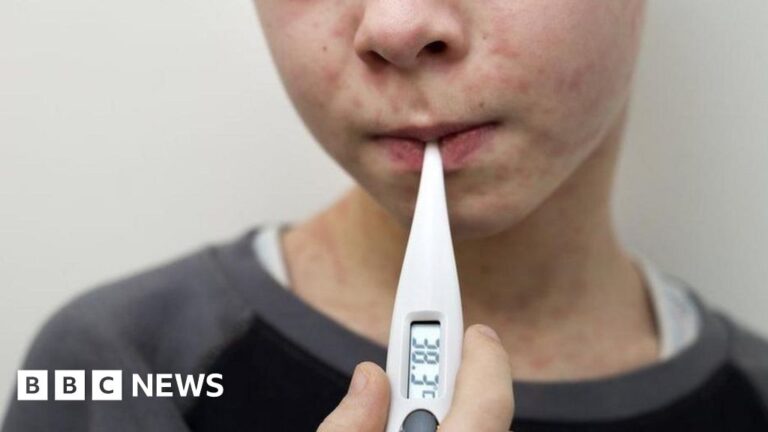Hot weather during the summer can affect anyone, but some people run a greater risk of serious harm. Experts recommend checking on those who may be more vulnerable, such as older people and babies.
As the body gets hotter, blood vessels open up, leading to lower blood pressure and making the heart work harder to push the blood around the body. This process can cause mild symptoms such as an itchy heat rash or swollen feet. Sweating leads to the loss of fluids and salt, and the balance between them in the body changes, which can lead to heat exhaustion.
Symptoms of heat exhaustion include dizziness, nausea, fainting, confusion, muscle cramps, headaches, heavy sweating, and tiredness. If blood pressure drops too far, the risk of heart attacks rises.
Bodies react to heat by striving to keep a core temperature of about 37C. As the weather gets hotter, it’s harder for the body to keep its core temperature down, so it opens more blood vessels near the skin to lose heat and starts sweating. As sweat evaporates, it dramatically increases the heat lost from the skin.
To stay safe in the heat, the UK Health Security Agency recommends looking out for those who may struggle to keep cool, such as older people, those with underlying conditions, and those who live alone. Other advice includes staying cool indoors, drinking plenty of fluids, avoiding too much alcohol, keeping out of the sun between 11:00 and 15:00, staying in the shade, using sunscreen, and avoiding physical exercise in the hottest part of the day.
If someone has heat exhaustion, move them to a cool place, get them to lie down and raise their feet slightly, get them to drink plenty of water, and cool their skin. If they don’t recover within 30 minutes, they’re at risk of heatstroke, which is a medical emergency.
People who are older or have long-term conditions, such as heart disease, are more at risk from hot weather. Diabetes can make the body lose water more quickly, and some complications can alter blood vessels and the ability to sweat. Children, those who are less mobile, and people with brain diseases like dementia may also be more vulnerable.
Some drugs, such as diuretics, antihypertensives, and those for epilepsy and Parkinson’s, can increase the risk of hot weather. People taking these medications should keep taking them as normal but focus on staying cool and hydrated.
Heat can be deadly, and during 2022, there were an estimated 2,985 excess deaths as a result of the heat in England. Most heat-related excess deaths are due to heart attacks and strokes caused by the strain of trying to keep body temperatures stable. The higher death rate starts to kick in once the thermometer passes 25C-26C, and evidence suggests that the deaths tend to be caused by higher temperatures in spring or early summer rather than during peak summer.
Source link




